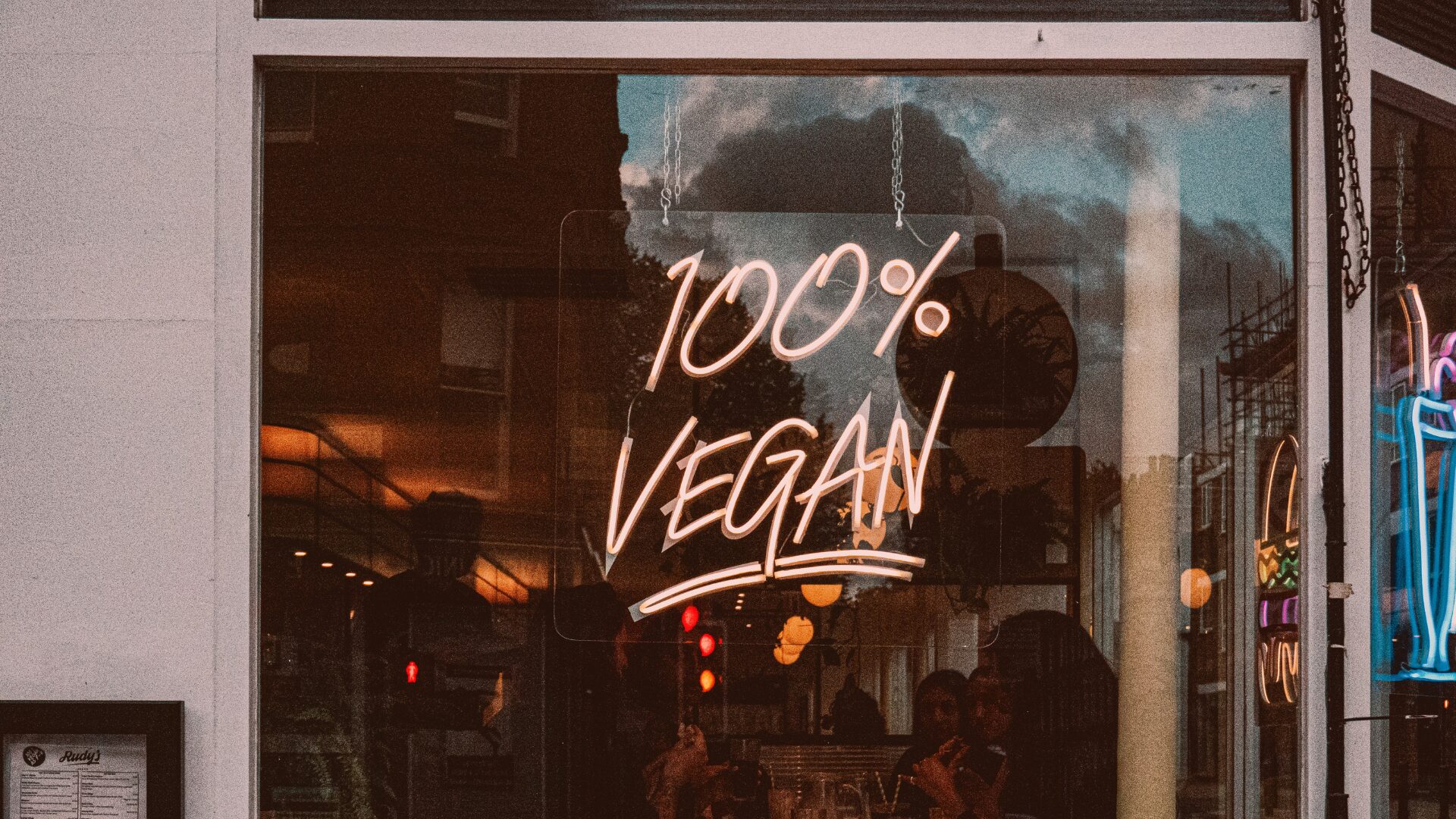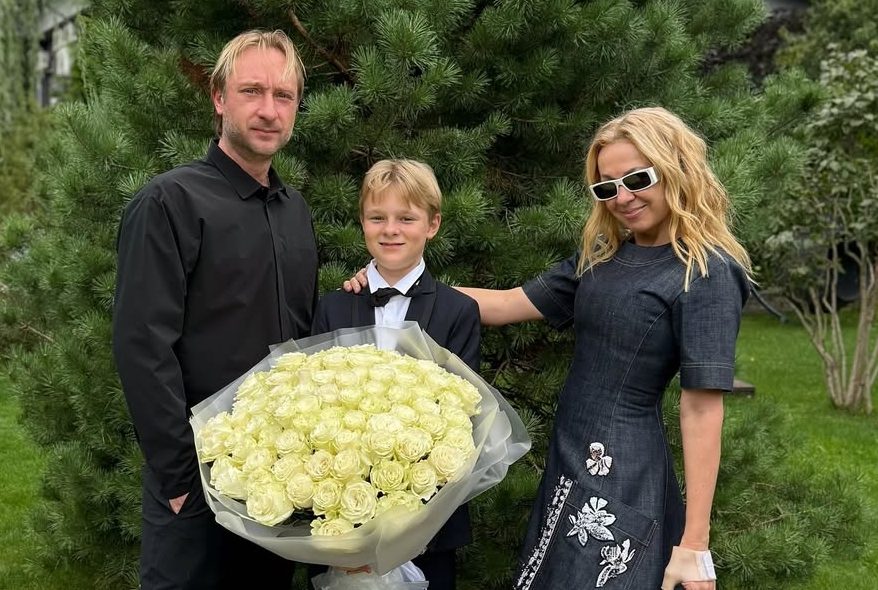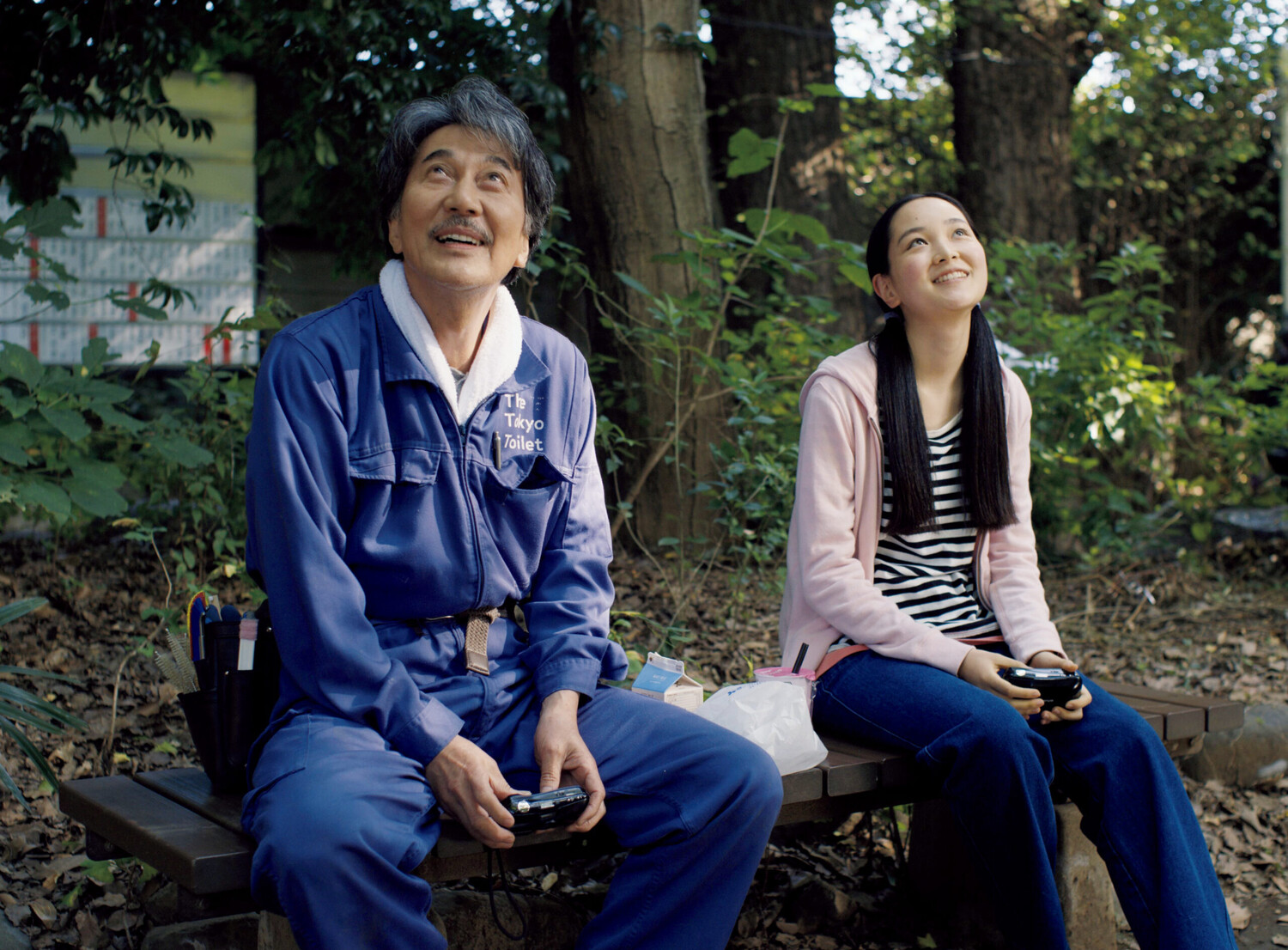I stopped eating meat when I was 14. I don’t remember why. Did I want to annoy my meat-loving parents? Probably. Did I reject the endless suffering of farm animals brought to the slaughterhouse every day by the billions? That’s for sure.
From day one, my parents rejected my pesco-vegetarianism (I still ate marine animals) and forced me to eat meat every weekend, at their house. I was a minor at the time: I had to obey and swallow what they ordered. My mother feared iron deficiency because of my vegetarianism. I had blood tests, went to the doctor and took iron supplements every year.
Recently, I learned that my heavy periods were the sole culprit for my mild iron deficiency. Scientific studies show that vegetarianism does not cause this deficiency, unlike menstruation. But the doctors I consulted during my adolescence were poorly informed about vegetarianism and the menstrual cycle.
Outlaw Schools
In the cafeteria I experienced the same refusal. No vegetarian menu (nor vegan: without eggs or milk) was offered in middle school, high school, university or in companies. I ate the same breaded fish for years, certainly contributing to the extinction of several marine species.
Even today, vegetarian menus are absent in 4 out of 10 schools, reveals the French Vegetarian Association (AVF) in a study published in February 2024.
However, this menu has been established by law, and therefore mandatory, for three years.
For a long time I felt alone because I was a vegetarian. Everyone around me was eating dead animals. But I resisted until I was 21. That year I even stopped eating all other animal products. Goodbye fish, eggs and milk. I became vegan after watching a documentary whose title I forgot. I learned that the egg and dairy industry mistreats chickens and cows just as much as other farms. These animals suffer exploitation and end up in the slaughterhouse soon after their milk or egg production decreases (1 year for a chicken, 8 years for a cow).
Already a feminist activist, I became interested in anti-speciesism, the political fight against the domination of humans over other animals. I joined several associations, including L214, which denounces in particular the scandalous conditions of breeding in France. I took advantage of the money that my rich parents gave me during my studies to buy vegan products (tofu, in particular) in expensive organic grocery stores. I went to vegetarian restaurants, listened to “Like a Fish in Water” (the brilliant podcast against speciesism) and read numerous books on the subject.
Obsessed with food
My first paychecks as a journalist at Agence France-Presse encouraged me in this new life as a vegan adult. I lived in Paris, so I had access to all the best restaurants, grocery stores, and vegetarian festivals. My parents always gave me lessons when I went to their house in the suburbs. In the canteen at work, I ate unbalanced meals, because there was no vegan alternative to the traditional menu.
But, thanks to the internet, I found a doctor who was well-trained in my dietary choices, who reassured me and comforted me, because I was in good health. Some of my friends became vegetarians. I felt less alone.
Only problem: I was becoming more and more obsessed with healthy food.
After veganism, I stopped eating gluten, I trained with zero waste, I fasted for no reason, I refused all non-organic foods… My increasingly restrictive choices stressed me. I checked everything I ate. One day I discovered the term “orthorexic” which refers to this eating disorder.
I’m becoming a “flexi-vegan”
When I lost my job, I left to travel in France and abroad. My food choices were unsustainable, far from Paris. It is difficult to eat well on the way to Santiago de Compostela. Unbearable to ask for vegan dishes on a cargo ship when I was just a passenger.
After months of stress, guilt and exhaustion, I stopped being vegan in early 2019. I ate dead animals and dairy products again. With my modest RSA (active solidarity income: 500 euros per month) as my only regular income, I no longer have the means to live in Paris, to go to organic grocery stores or to eat in vegetarian restaurants. Be careful: it is possible to maintain this dietary choice without becoming rich, but I have chosen to abandon it, on a personal level.
Now I cook strictly vegan at home but I eat what I want (and can) whenever I go out or travel. I call myself a “flexi-vegan”. I no longer suffer from orthorexia because I eat what I want. Of course I feel guilty for the deaths of countless animals.
Does vegephobia exist?
But I am not the only one responsible. French society, which encourages large-scale animal exploitation, also discourages vegetarians, many of whom denounce the “vegephobia” they receive, as on this Instagram account aptly titled @anti_vegephobia. Other activists reject this term, such as researcher Ophélie Véron, who in 2017 published an article entitled “This is not vegephobia” on her blog Antigone XXI.
As far as I know, no vegetarian in France has ever been killed because of their dietary choices.
But the rejection of those around me, the misinformation of health professionals (many told me that vegetarianism was dangerous for my health) and the omnipresence of animal products in canteens, supermarkets and restaurants create, in my opinion, an environmental vegephobia that prevents many people from eating as they wish.
Especially since animal products are subsidized and therefore inexpensive, while vegan meat and cheese substitutes (optional but tasty) cost an arm and a leg.
Sure, my current diet doesn’t suit me, but it’s the only one I’ve found to live in good (mental) health and support our speciesist and capitalist society… Until the revolution?
Discover BookClub, the show by Madmoizelle that questions society through books, in the company of those who create them.
Source: Madmoizelle
Mary Crossley is an author at “The Fashion Vibes”. She is a seasoned journalist who is dedicated to delivering the latest news to her readers. With a keen sense of what’s important, Mary covers a wide range of topics, from politics to lifestyle and everything in between.





